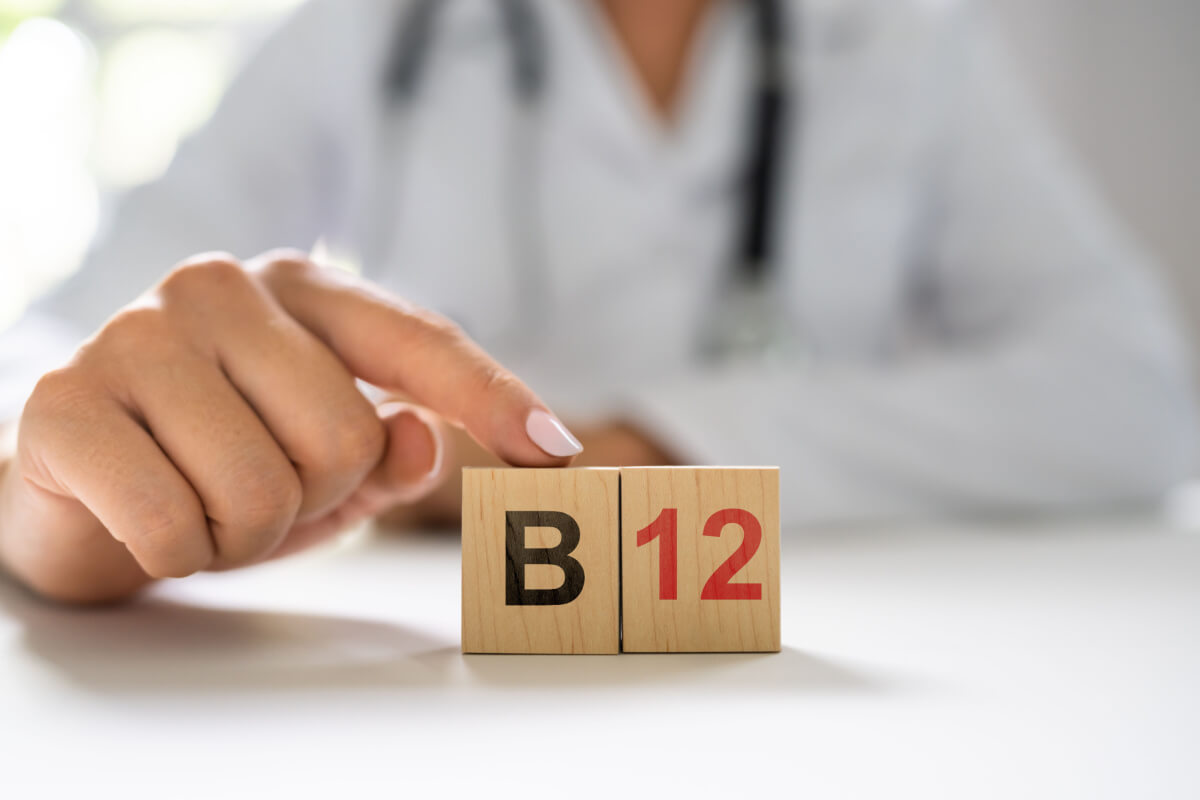As we age, it’s essential to learn more about the necessary vitamins and minerals that our bodies need, as many of them become harder for the body to create on its own.
Perhaps the most commonly known vitamin essential for aging adults is vitamin B12, which is stored in the liver and plays a significant role in cognitive function. However, older people are at an increased risk of developing a vitamin B12 deficiency for various reasons.
The Woodlands at Canterfield provides luxury senior living for adults looking to enhance their lifestyle in an environment, but our exceptional services don’t stop there. We pride ourselves on providing opportunities and resources focusing on health and wellness.
Our team is sharing what causes a B12 deficiency in older adults and how you can ensure your body gets the proper amount of this important vitamin.
UNDERSTANDING B12 DEFICIENCIES
When a person consumes vitamin B12 naturally through meat and dairy products or supplements and multivitamins, it becomes processed by the acids and enzymes in the stomach and small intestine. After, the vitamin is absorbed by the small intestine and stored throughout the body, specifically in the liver.
An interesting aspect of this process is the longevity of vitamin B12. Even though it’s an essential nutrient, only a small amount is needed each day. Therefore, if a healthy adult stops taking in vitamin B12 on a regular basis, it usually takes several years before the body runs out of its stash and starts to develop deficiency symptoms.
So what causes B12 deficiency in older adults, and why are they more susceptible than younger people? As people age, their ability to absorb B12 starts to decrease as they become more likely to develop issues with the acids and enzymes in the stomach needed to process the vitamin. Several common risk factors can cause this, including:
- The weakening of the stomach lining which can occur with age, causing low levels of stomach acid
- Medications that can interfere with B12 absorption
- Health issues, like Crohn’s disease, can lead to poor stomach absorption or issues within the small intestine
HOW VITAMIN B12 DEFICIENCIES HARM HEALTH
Vitamin B12 is crucial for the production of red blood cells and the maintenance of nerve cell function. When B12 absorption is low, it can lead to health problems related to these two bodily functions.
Anemia is one of the most common problems related to low B12 absorption due to the low count of red blood cells. Red blood cells create oxygen in the blood, which can cause shortness of breath and fatigue. Neuropathy is also a symptom of a B12 deficiency, relating to the nerves in the body unable to function. This causes poor balance and mobility issues, tingling and numbness in the body.
When nerve cells in the brain are unable to work the way they should, it can lead to cognitive impairment, such as memory loss, behavioral and personality changes, and even forms of dementia.
WHEN TO CHECK FOR A B12 DEFICIENCY
Vitamin B12 deficiencies are often overlooked because the symptoms can be attributed to age-related changes, such as problems with vision, feeling weak or tired or cognitive changes. Deficiencies in B12 also tend to occur slowly over time, so people can go for long periods of time without any noticeable symptoms.
However, older adults should be checked for B12 deficiencies if they’re experiencing any of the common symptoms, such as:
- Rapid breathing or shortness of breath
- Headaches
- Indigestion
- Loss of appetite
- Palpitations
- Problems with vision
- A sore or red tongue, sometimes with mouth ulcers
- Problems with memory, understanding and judgment (cognitive changes)
HOW TO TREAT A B12 DEFICIENCY
A doctor will usually prescribe supplements after it’s been confirmed that a person is living with a B12 deficiency. However, you can also implement foods that are high in B12 into your diet, such as:
- Eggs
- Chicken Breast
- Ham
- Yogurt
- Cheese
- Milk
- Salmon
Understanding the steps to take to ensure healthy aging is of the utmost importance at The Woodlands at Canterfield. Our luxury senior living community is dedicated to providing tools and resources for residents to prioritize their health.
Give us a call at 224-479-0125 or reach out online to discover what our senior living community can offer you and your family.




